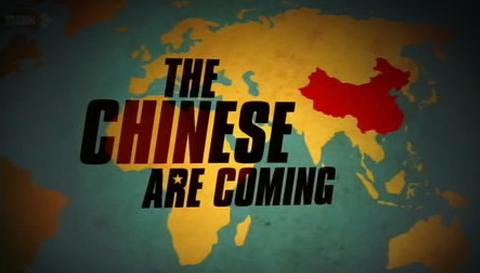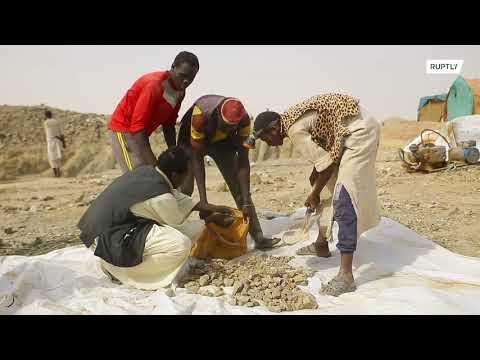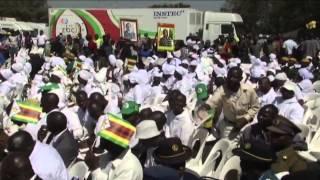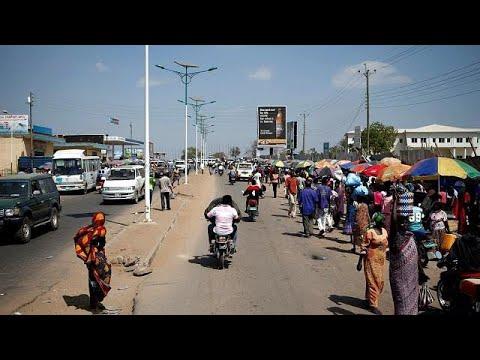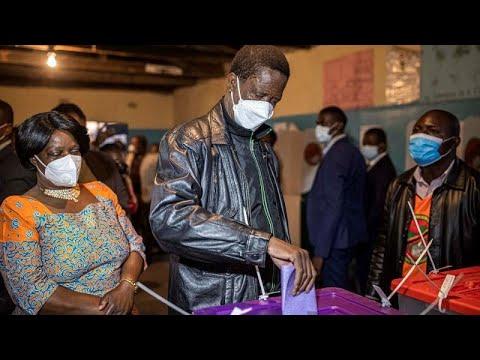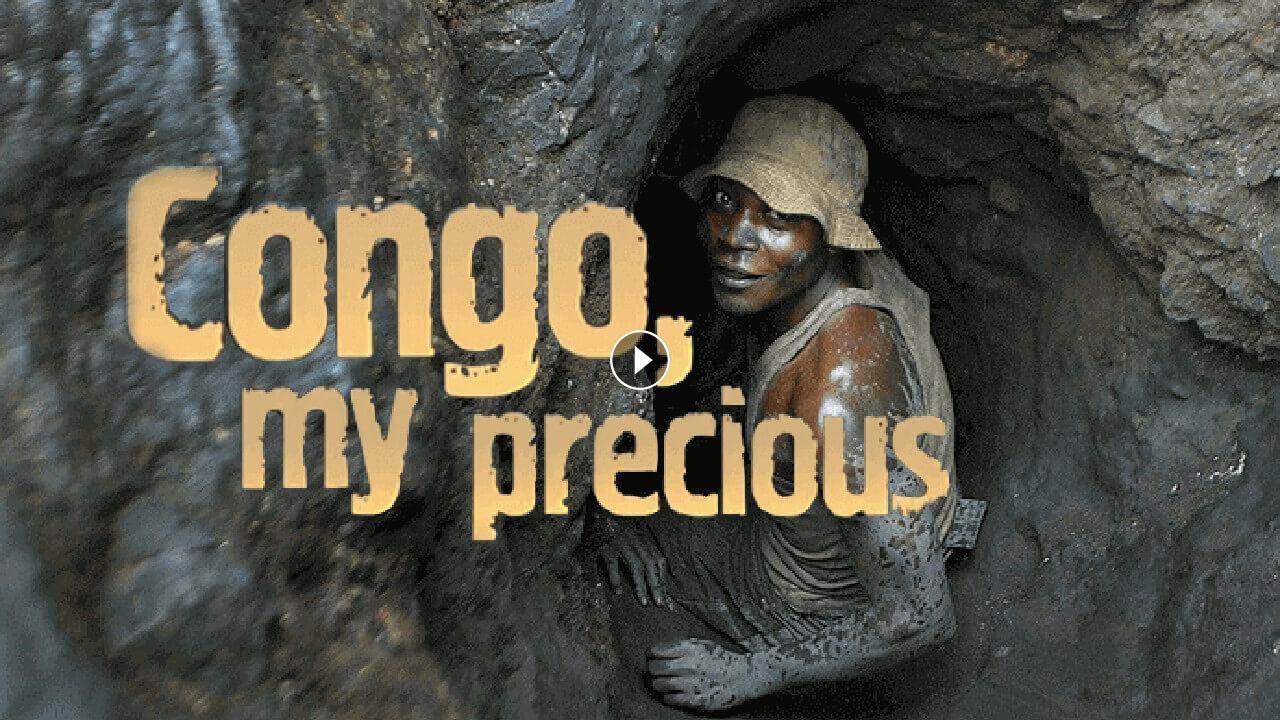The Democratic Republic of Congo in Africa is one of the world’s most resource-rich countries. A wide range of rare minerals can be found here in abundance, all commanding high prices in world commodity markets. Diamonds for jewellery, tantalum, tungsten and gold for electronics; uranium used in power generation and weaponry and many others. Congo has copious deposits of raw materials that are in high demand internationally but remains one of the poorest countries in the world.
From colonisation, with the horrors of slavery and other atrocities, to a turbulent and equally brutal present in which militant groups control the mines, Congo’s richness in natural resources has brought nothing but misery. Referred to as “conflict minerals”, these riches leave only a trail of death, destruction and poverty.
Under Belgian rule, Congolese labourers were often required to meet quotas when mining different minerals. Failure could mean punishment by having a hand cut off with a machete. The country gained independence in 1960, but that didn’t put a stop to slave and child labour or to crimes being committed to extract and exploit the minerals. Warring militant fractions from inside the country and beyond seized control of mines for their own benefit while terrorising local populations.
For our translator, Bernard Kalume Buleri, his country’s history of turmoil is very personal; like most Congolese people, he and his family fell victim to the unending mineral based power struggle. Born in the year of his country’s independence, he has lived through war and seen his homeland torn apart by violent looting and greed. His story is a damning testament, illustrating how nature’s bounty, instead of being a blessing, becomes a deadly curse.
- Category
- Documentaries




